On the Revelation of Yahshua Christ, Part 1: An Introduction
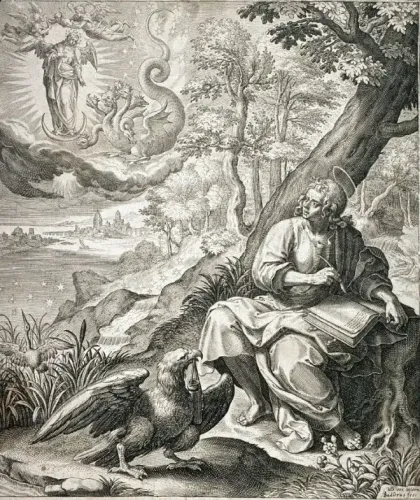
On the Revelation of Yahshua Christ, Part 1: An Introduction
Here, after eleven years, we shall revisit our commentary on the Revelation of Yahshua Christ with a new presentation, and of course it shall be based on the text as it is presented in the Christogenea New Testament. Our first version of this commentary was originally presented in fourteen podcasts from December of 2010 through April of 2011. While there are several reasons for wanting to replace our old commentary, here I will only state that I hope to expand some portions of the original while also offering some clarifications, rewriting or further expounding on some of our explanations. I also hope to more thoroughly cross-reference portions of parallel prophecies which are found in the books of the prophets, especially in Ezekiel, Daniel, Obadiah, Zechariah and Malachi.
Later that same year I first published Christreich, which is the title of a book which had encapsulated the original podcast commentary. While we hope this new commentary will be more comprehensive, I do not foresee adding much to the interpretations themselves. But while I cannot yet rule that out completely, I do not think that this new version will invalidate anything I had written there, except for one note which must be corrected at Revelation chapter 20, verse 5, which I shall discuss further below. This commentary, and even this introduction, shall be founded on the edited text of Christreich rather than the notes for the original podcasts. For that reason, I was tempted to title this series “Christreich 2.0” or something similar, but I decided to stay with our more traditional scheme. That title may be appropriate if Yahweh God permits me to publish a second edition of the book, something which I certainly hope to achieve.




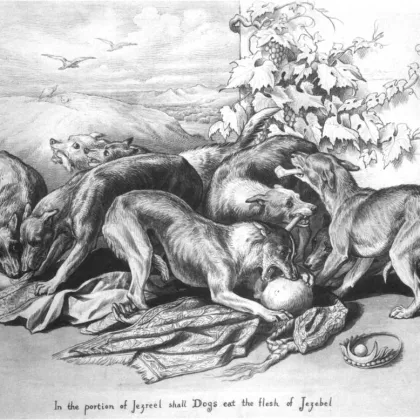
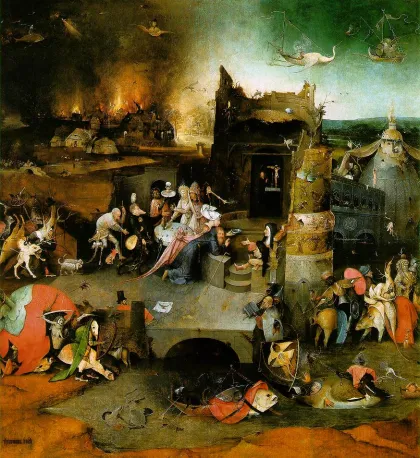





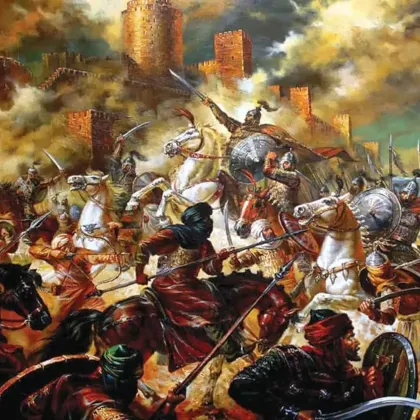


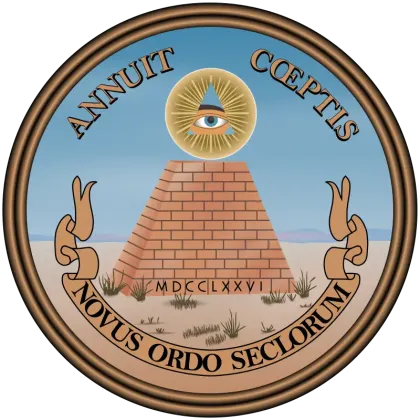

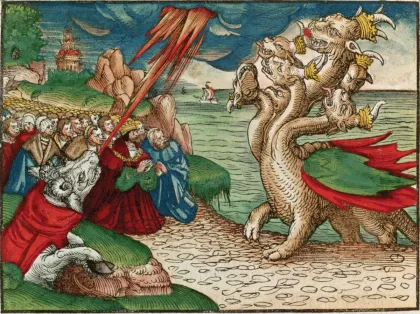



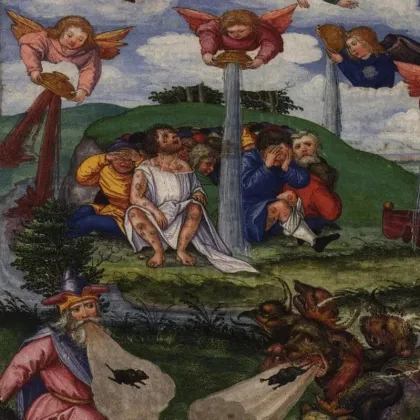
 On the Revelation of Yahshua Christ, Part 22: The Woman is the Whore
On the Revelation of Yahshua Christ, Part 22: The Woman is the Whore
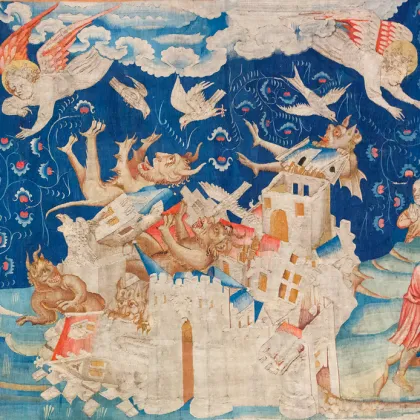


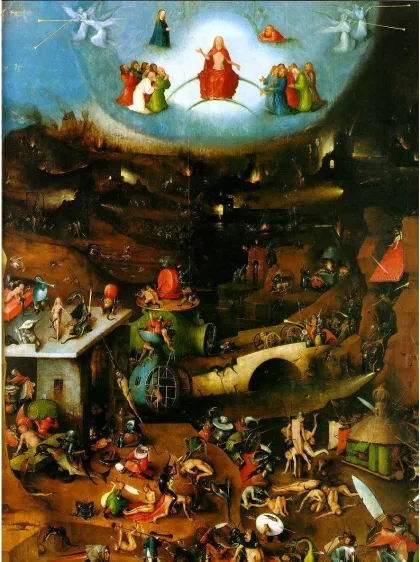
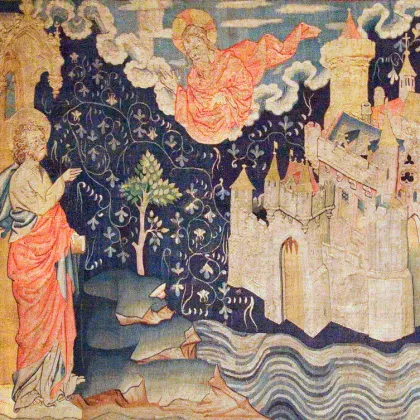





 Please click here for our mailing list sign-up page.
Please click here for our mailing list sign-up page.







